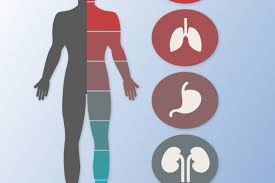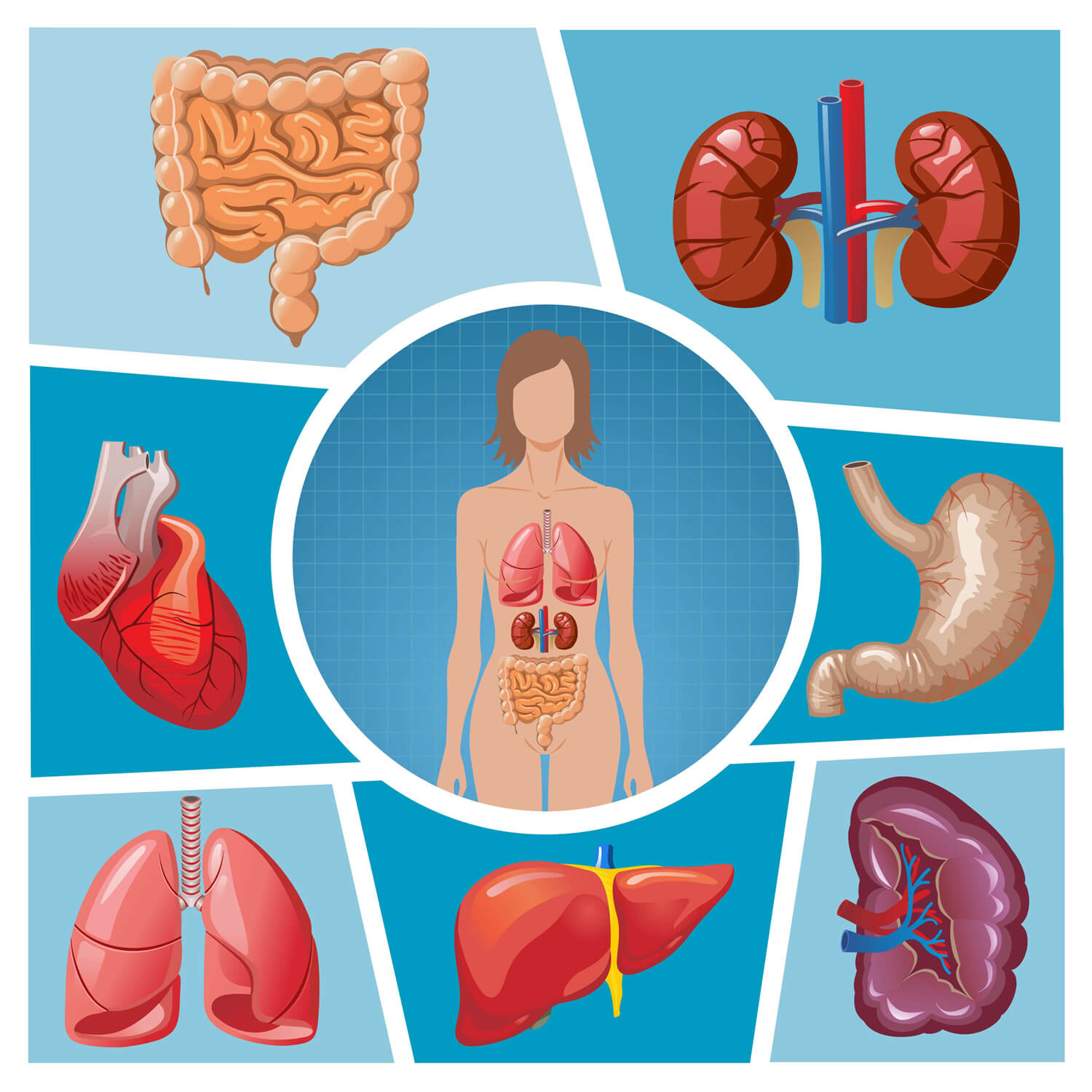



General Medicine
General medicine, also known as internal medicine, is a branch of healthcare focused on the diagnosis, treatment, and prevention of a wide range of diseases in adults. General practitioners (GPs) or internists are trained to manage complex medical conditions, provide routine health screenings, and offer advice on maintaining a healthy lifestyle. They serve as the first point of contact in the healthcare system, guiding patients through various stages of care and coordinating with specialists when necessary.
Examples:
1. Chronic Disease Management: A general practitioner plays a critical role in managing chronic conditions like hypertension, diabetes, and asthma. For instance, a patient with high blood pressure might receive regular check-ups, medication adjustments, and lifestyle recommendations from their GP to keep the condition under control.
2. Preventive Care: GPs focus heavily on preventive care, which includes routine screenings, vaccinations, and health education. For example, a general medicine physician might recommend an annual physical exam, blood tests to check cholesterol levels, and a flu shot, all aimed at preventing more serious health issues.
3. Acute Illness Treatment: When patients experience sudden health problems such as respiratory infections, digestive issues, or minor injuries, they often turn to their GP for diagnosis and treatment. For example, a person with symptoms of the flu might visit their GP, who would assess the condition, provide treatment, and offer advice on recovery.
Illustration:
Consider a patient who visits their general practitioner for a routine check-up. During the visit, the GP might review the patient's medical history, conduct a physical examination, and order blood tests to check for common issues like anemia or high cholesterol. If the results show elevated cholesterol levels, the GP would discuss lifestyle changes, such as improving diet and increasing physical activity, and might prescribe medication if necessary. The GP would also schedule follow-up appointments to monitor progress and adjust the treatment plan as needed.
In general medicine, the focus is on comprehensive care that considers all aspects of a patient's health. GPs work closely with patients over time, building a deep understanding of their health history and needs. This ongoing relationship allows for personalized care, early detection of potential health problems, and coordinated treatment that enhances overall well-being.